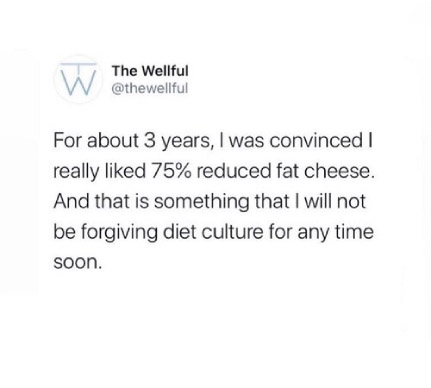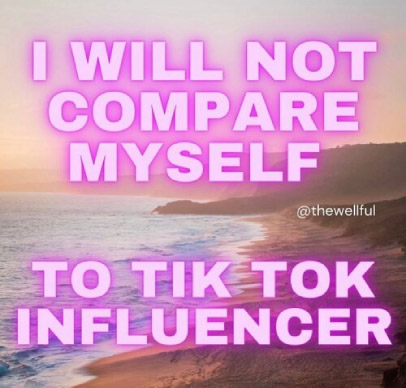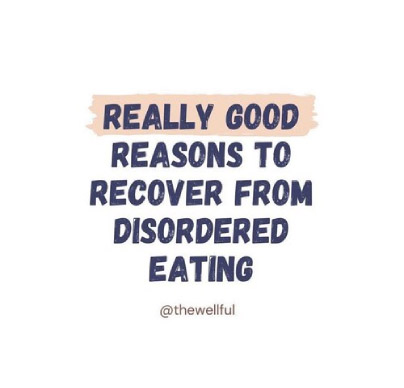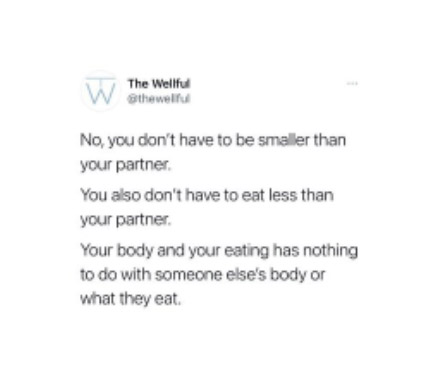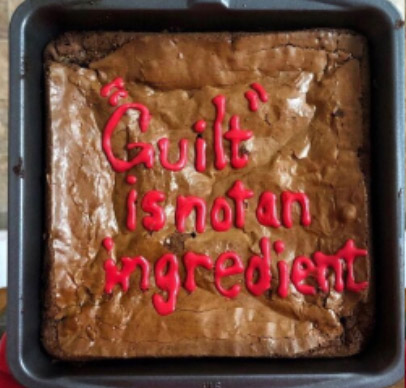Social media has become an integral part of many of our lives, with millions of people scrolling through their feeds every day. While it has brought people closer from all parts of the world and has many benefits, there are also negative consequences associated with it. One of the major problems with social media is the impact it can have on body image and self-esteem. There is an interesting dynamic between social media and body image; some of it’s good and some of it is very much not. We’ll break down all the elements so you can be a more informed scroller when you’re on social media.
Social Media & Body Image Perception
One of the key areas affected by social media is our perception of body image. With so many photo editing apps and filters available, it’s now easier than ever to alter how you look in photos. People can easily start changing everything about their appearances – or might not even recognize themselves in the original, unedited version. Filters and photo editing apps can make it seem like people look a certain way and you might feel badly about yourself in comparison, when in reality, that image isn’t even real. This leads to many people comparing themselves to unrealistic standards set by social media influencers and celebrities. That’s damaging for everyone!
Constant exposure to idealized body types and seemingly “perfect” images can lead to feelings of inadequacy and low self-esteem. Even ‘fitspiration’ accounts you might follow for motivation can have a damaging effect with one study showing that 25% of fitspiration followers felt inadequate in appearance and fitness after viewing these images. It creates a skewed perception of beauty, where the focus shifts from accepting and embracing our own unique features to striving for an unattainable perfection.
The Role of Social Media in Self-Esteem
Social media platforms like Instagram and TikTok are known for presenting curated versions of people’s lives. People share their best moments, highlight reels, edited photos and participate in trending filters that promote unrealistic thinness. This constant exposure to seemingly flawless lives can be harmful for self-esteem and keeps us on the hamster wheel of never feeling ‘good enough’.
Comparison is the thief of joy, and social media fuels it. Seeing others’ achievements, looking at their picture-perfect vacations, and taking in their seemingly effortless beauty can leave us feeling inadequate and less-than. Spoiler alert: none of this is real. Sure, wonderful and exciting moments happen to all of us sometimes, but they don’t happen every day. Influencers don’t share the things that happen every day because that would show people that they really are just like everyone else. Only showing the highlights makes it seem like only good things happen to them, but that couldn’t be further from the truth. Remember that what we see on social media is often only a glimpse into someone’s life and may not reflect what’s going on behind the scenes. Even if what someone shares feels nuanced and realistic, we are only seeing the curated parts they choose to share.
Social Media, Body Positivity, and Body Neutrality
Despite the pressures and insecurities social media creates, there are some positive things that have come out of it, namely connection and feeling less alone in the human experience. There is so much more visibility and awareness of people showing (a version of) their authentic self online which can make someone feel less isolated and alone, wherever they live.
While the ‘body positivity’ movement was born out of the Fat Acceptance movement of the 1960s started by fat, queer, Black women however, if you scroll social media you’ll see hashtags like #bodypositivity are largely co-opted by thin, or straight-sized (can fit into clothes at a standard store without needing to specifically shop in a plus-size or extended size store), white women. This is important because diet culture is deeply intertwined and rooted in racism and anti-Blackness. Three great resources for learning more about this are Sabrina String’s book Fearing the Black Body, Jessica Wilson’s book, It’s Always Been Ours and Belly of the Beast: Anti-Fatness as Anti-Blackness by Da’Shaun L. Harrison.
You also don’t need to feel “positive” about your body to be working on or in recovery with your relationship with your body. It’s unrealistic that anyone will love all of their body all the time. Body neutrality or body acceptance can create room for body respect and care, because it is really hard to take care of something you hate. Body neutrality could mean that you are working on separating your worth from how you feel about your body each day, or you’re trying to move away from feeling the need to punish yourself or compensate for eating past fullness, or your pants feeling tighter than they usually do. Body neutrality gives you flexibility and permission to treat yourself with care and respect, while also allowing yourself to navigate difficult feelings or thoughts about your body. It is hard to have a body. And, how can you work on taking care of yourself, too?
Practicing Non-Judgemental Curiosity in the Age of Social Media
While social media and body image can be pretty intertwined, they don’t have to be. We have the power to take control of what we consume online. Yes, it requires doing a little extra work and perhaps unfollowing some accounts, but it’s worth it. Here are a few ways you can practice self-love in the age of social media:
Unfollow! This is a big one. Unfollow or mute accounts that leave you feeling any type of way other than positive. Insecurity, negativity, inadequacy… all of these aren’t going to serve you in your journey towards developing a better body image. Make a commitment to unfollow any social media accounts that you notice comparing yourself to.
Follow! Now for the fun part: follow accounts that do make you feel good about yourself. Influencers, friends, and even companies with positive messaging can be useful reminders that you’re on the right track towards a better relationship with your body.
Limit your screen time: Spending a lot of time on social media can lead to excessive comparison, something you definitely don’t need. Set boundaries and even consider putting a timer on some of your apps to alert you once you’ve met your time limit.
Practice self-care: Engage in activities that promote self-care and boost your self-esteem. This can include exercise, meditation, spending time with your friends, or pursuing hobbies that bring you joy.
Edit your settings: Did you know you can actually edit your settings to see fewer diet and weight loss ads? It’s not perfect and some might still sneak through but I’ve noticed a big difference when I changed this feature. Find the directions here.
The Future of Body Image and Self-Esteem
As social media continues to evolve and shape our lives, discussions around body image and self-esteem are becoming increasingly prevalent. Recognizing the impact of social media on our well-being is the first step towards creating positive change.
Platforms like Instagram and TikTokhave also started taking measures to mitigate the negative effects of social media on mental health. They have introduced features like hiding “likes” and providing mental health resources, acknowledging their role in fostering a positive digital environment. They’ve also implemented new parameters and guidelines for sensitive topics and images, which may be helpful for those looking to avoid exposure to this type of content altogether.
What All This Means forYou
Social media’s influence on body image and self-esteem cannot be ignored, but it doesn’t have to dominate how you live your life. More and more of my clients are deleting their social media apps or allowing themselves to take breaks from it when they notice it negatively impacting their mental health or body image. Remembering that social media tells just a fraction of the whole story is super important. We live 99% of our lives in the real world, and it should stay that way. Social media only captures the small snippets we want others to see. Remembering this may help you see social media and body image with a bit more of a logical perspective and could help lessen its importance in your life.
Social Media and Body Image: Reclaiming Health in the Digital Age
In the era of Instagram influencers and curated selfies, it is all too easy to get wrapped up comparing ourselves to unrealistic ideals. This takes a toll on our self-image and relationship with our bodies.
At The Wellful, we are working to change that. We provide community support and nutrition counseling to help you tune out the noise and reconnect with what truly nourishes you. Our registered dietitian Brenna offers compassionate care rooted in science, not stigma. We will meet you where you are and help you rediscover the joy of eating without restriction or guilt.
Our work together will equip you with the tools you need to honor your hunger, respect your body, and quiet your inner critic. You will walk away with sustainable habits, greater self-awareness, and the freedom to live life on your own terms.
Reclaim your right to nourish, move, and care for yourself in ways that feel good. The Wellful creates space for that healing journey. Ready to tune out the chatter and tune into your own body wisdom? Reach out today to schedule a free consultation.






